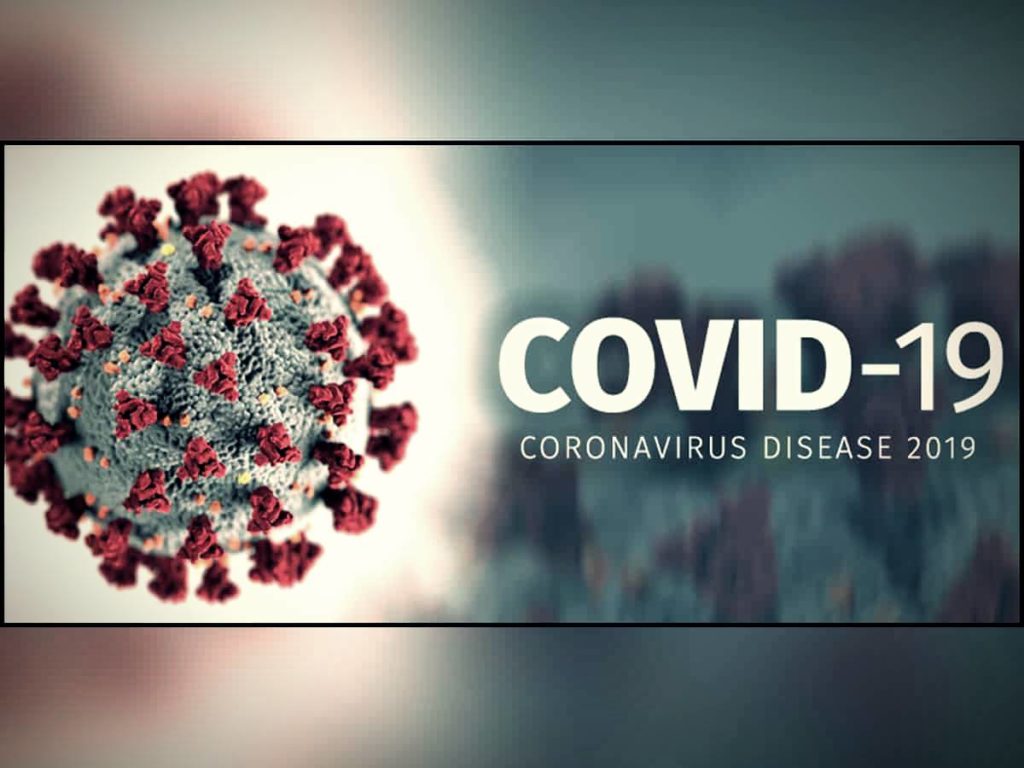Scientists warned of the risk of re-infection with coronavirus

Dutch scientists say that within a year of recovery, they may be infected with coronavirus again. If the new pathogen behaves the same as the seasonal coronavirus. It may require regular vaccination.
Experts at the University of Amsterdam warned against immunization against coronaviruses-COVID-19 may be reinfected within the first year after recovery. Work dedicated to this has been posted on the Medrxiv preprint service.
Serological tests against the SARS-COV-2 antibody show that up to 80% of people suffer from the disease with almost no symptoms, even without knowing it. In this regard, the scientific community is discussing the possibility of the collective immunity-an effect that makes most societies immune to infection, thereby reducing the overall epidemiological burden. Vaccination is based on this principle-immunization that can not only prevent infection but also reduce the risk of spreading infection. Because if a person is not infected by himself, he will not infect others.
Researchers say that some countries are considering introducing “visa-free” for people with COVID-19.
For those with antibodies to the virus in their blood. He will allow measures to weaken social distance. However, if the virus can be infected again, it will not form a collective immunity. This method will be useless.
To find prospects, the researchers analyzed the medical records of ten people who were infected with at least one seasonal coronavirus between 1985 and 2020.
The results were disappointing: Six months after recovery, the antibody concentration in the blood dropped significantly. And reinfection cases frequently occurred during the year.
It is not clear how much immunity will be maintained against SARS-COV-2, but given the behavior of other coronaviruses, the situation is unlikely to be very different. In addition, in this case, there is no need to be vaccinated once, but once a year.
Oren Kobiller, the senior lecturer in the Department of Microbiology and Immunology at the Medical College of Tel Aviv University, said: “We know that people get coronavirus from time to time. One question is how long the immunity to SARS-COV-2 lasts compared to other coronaviruses. Time. But the better question is whether immunity is sterile or non-sterile. “
Sterile immunization means that a person cannot be infected again. With non-sterile immunity, a person can be infected, but the disease will spread in a mild form.
“Actually, sterile immunization is not necessary,” Kobiller said. “With non-sterile immunity, you can be infected again. But you will get sick for a few days with the symptoms of a common cold without complications, which is enough for all of us.”
Therefore, the seasonal influenza vaccine can prevent 50-70% of infections. However, if you see a doctor after vaccination. The percentage of complications will be much lower than unvaccinated complications.
Therefore, scientists hope that with repeated coronavirus infections, people will not suffer as much as they did for the first time. However, so far, this is only a hypothesis-less than six months have passed since the first COVID-19 infection. So far, there is no reliable data on repeated infections.
However, there are still cases of reinfection-in mid-April alone, South Korea reported more than 100 cases of reinfection. However, it is assumed that such results are related to test errors. The new data suggests that the real problem is the unreliability of the immune system, but it is too early to draw a clear conclusion: scientists do not know that the virus can cause reinfection within 1-2 months of recovery.
In addition, the new coronavirus may be different from what was examined in the study. The introduction of antibody-bearing plasma from patients increases the chances of recovery for seriously ill patients. Therefore, they still help fight infections.
Kobiller said: “Even if the immunization lasts only six months, people will not suffer from the second wave of infection.” “It will happen in the third or fourth.”
Therefore, even if the antibodies in the blood of the sick cannot protect them for a long time, they will allow the experts more time to manufacture vaccines and find effective treatments
Also Read:
Fixed Zero-day vulnerability in Sign in with Apple
These functions now come to an end after Windows 10 May Update:
What will show at the presentation of the PlayStation 5






